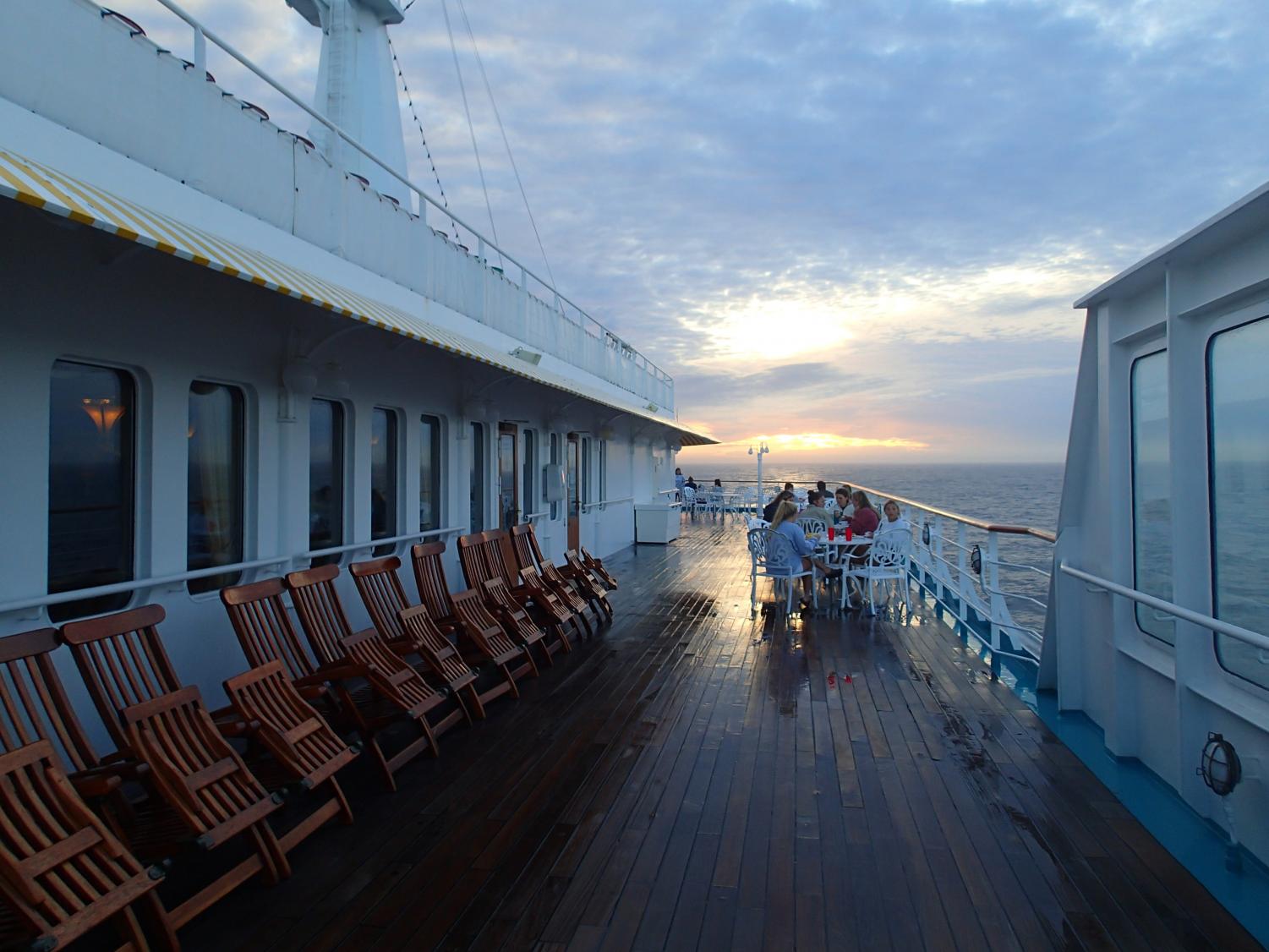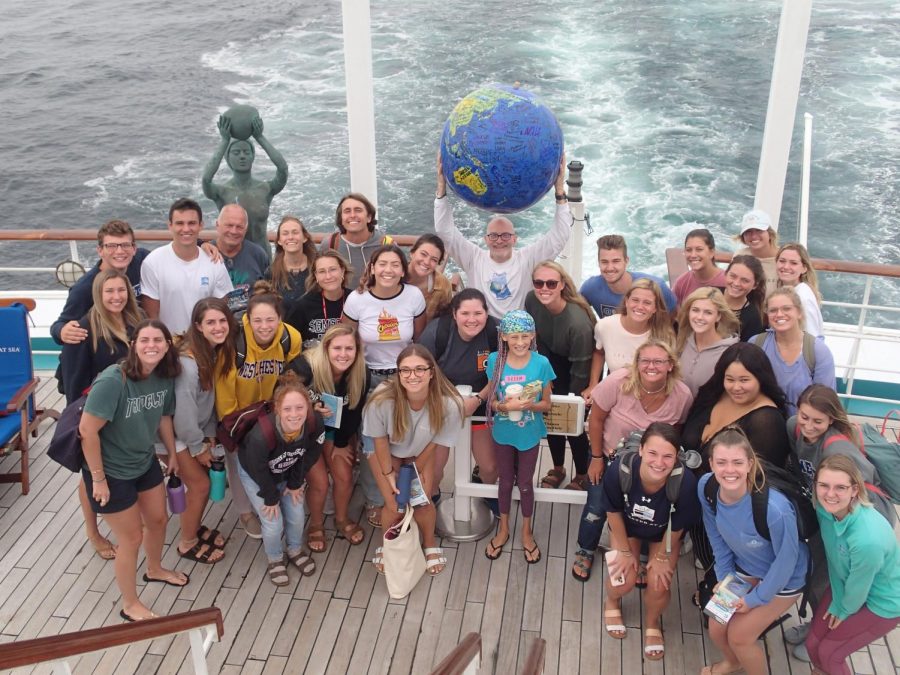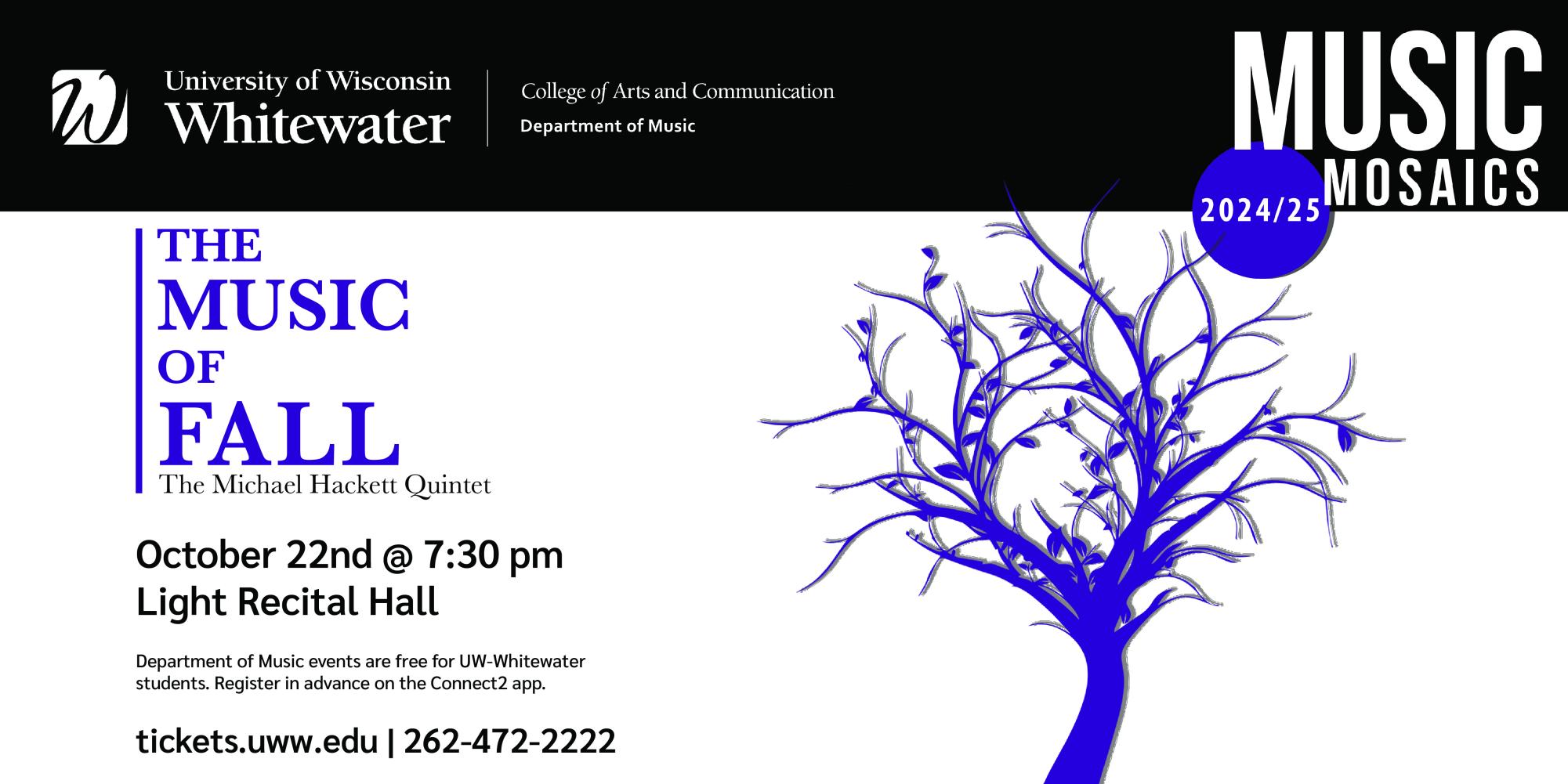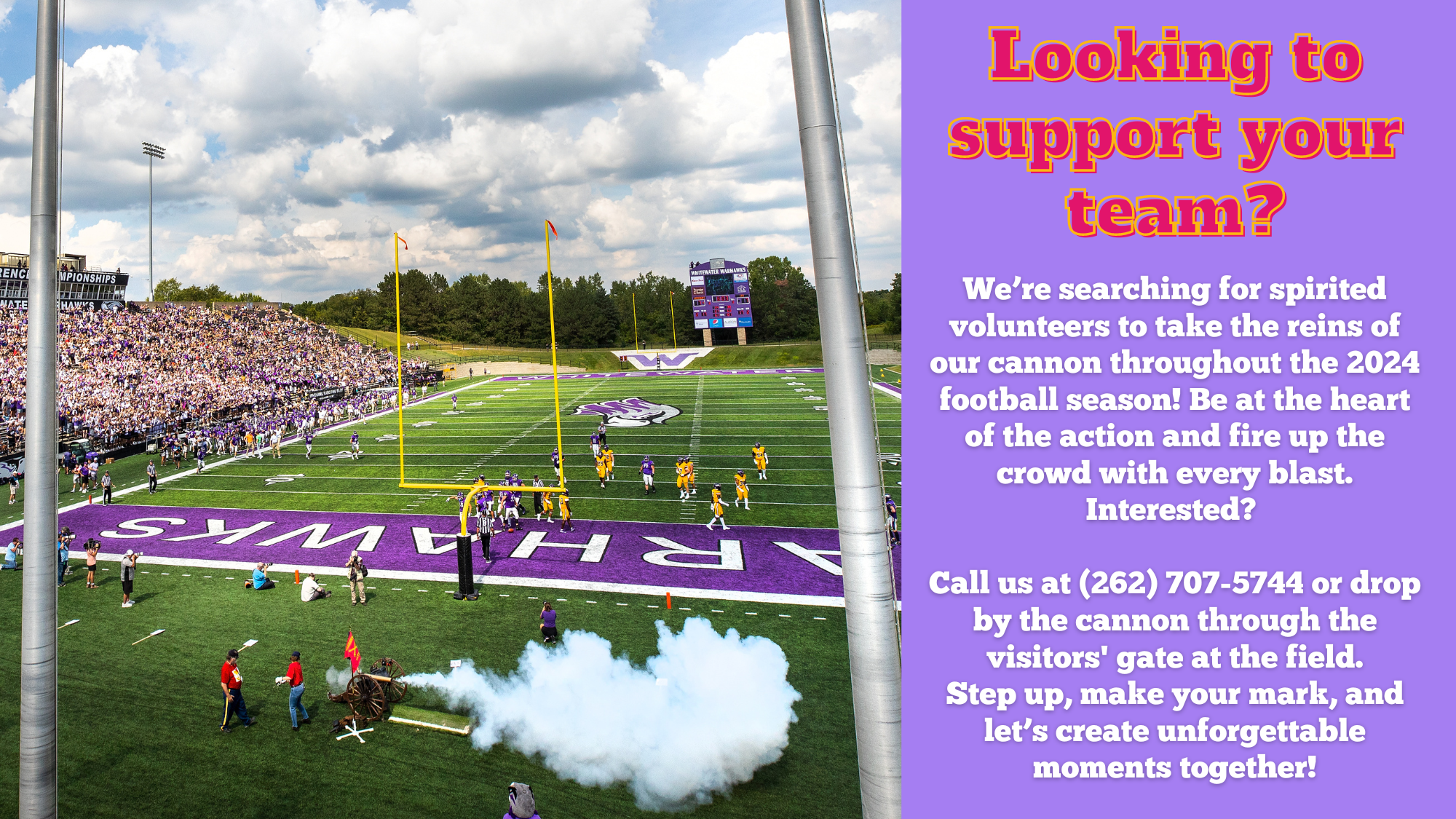Semester at Sea makes waves
Professor shares travel experience in a global pandemic
UW-W communication professor Susan Wildermuth snaps a group photo of her students and faculty members in the Semester at Sea program last spring.
September 27, 2020
Wouldn’t it be terrific to attend classes in a floating university on a cruise ship? Now imagine that a pandemic hits the globe while on board. You might just change your mind.
Still, communication professor Susan Wildermuth says her Semester at Sea program was an amazing overall experience. She started her journey last December while on sabbatical from UW-Whitewater with a plan to visit 11 countries in four months. It wasn’t necessarily smooth sailing.
At the beginning of the cruise was a scheduled fuel stop in Hawaii, and then a trip over to Japan—but then the worst happened.
“While folks in the U.S. were just starting to hear about COVID, it was impacting every day of our experience overseas,” says Wildermuth.
When they visited Vietnam, there were a total of three cases throughout the country. But even with so few cases, masks were in place, hand washing was everywhere and rules were rigid. Still stores were operational and workplaces were going about their business. In fact, if you look at Vietnam now the number of cases are decreasing rapidly.
“It was quite interesting to see how little the rules phased people, and everyone was following them with no argument or hesitation whatsoever,” Wildermuth says.
After the ship left Vietnam, passengers heard the virus was killing thousands of people in WuHan and the ship captain made the decision not to visit anywhere else in Asia. He was afraid they wouldn’t be allowed in future ports due to having been in Malaysia or India—even though those places had no cases yet, or very few. He ended up being right, and they were turned away from many ports throughout the rest of the cruise.
Many countries wanted nothing to do with them, but finally they made it to South Africa.
“We were all dumped—700 students and faculty just told— ‘Get off! Get out! Get yourselves home!,'” she says. “It was crazy trying to fly home. By then the U.S. was the deadliest place in the world. Even though we had not been in the U.S. since December, we had U.S. passports so we were treated as high risk.”
There were no flights out at first, so Wildermuth and her husband decided to stay in South Africa for 10 days and searched for a flight back to America. Luckily, they ended up booking a flight in Turkey.
“We had an 18-hour layover and had to stay in a small section of the terminal the entire time. All the gift shops, restaurants and other stores were closed throughout the entire layover,” says Wildermuth. “We ended up getting on the very last Turkish Airlines flight to the U.S. before it was added to their no-fly zone. We were just lucky that we waited long enough for things to die down, but not so long where everybody started cancelling everything.”
When they returned to the U.S., Wildermuth was very surprised and disappointed to see how Americans were reacting to the pandemic as compared to what she had witnessed on her travels. There may be a lot of reasons as to why the U.S. didn’t handle this as properly as the country probably should have, but Wildermuth associates individualism as a potential important factor.
“As a cross-communications scholar, I think one contributing element is a real difference in cultural orientation. Here in the U.S., we really are deeply ingrained in this mindset that we stand on our own two feet and are responsible for ourselves, and I wonder if that played a role in not being able to make accommodations for others. Individualism during a global pandemic just seems like a problem,” Wildermuth says.
With the travel part of the semester being terminated in mid-April, the academic semester continued about two weeks later when everyone returned to the U.S. Since there were so many immersive experiences on the ship, they were able to count those experiences as contact hours. There were powerful discussions on conflict resolution, as well as discussing the Great Pacific Garbage Patch.
“Living together as a learning community was a huge benefit. We were able to use those experiences we shared for contact hours, which helped us finish on time in May, and was really cool.” Wildermuth says, “Despite it all, it was a crazy and amazing experience.”













